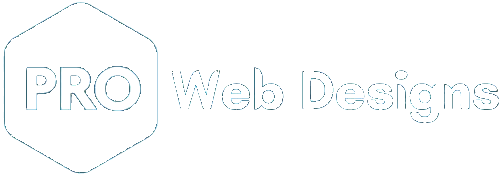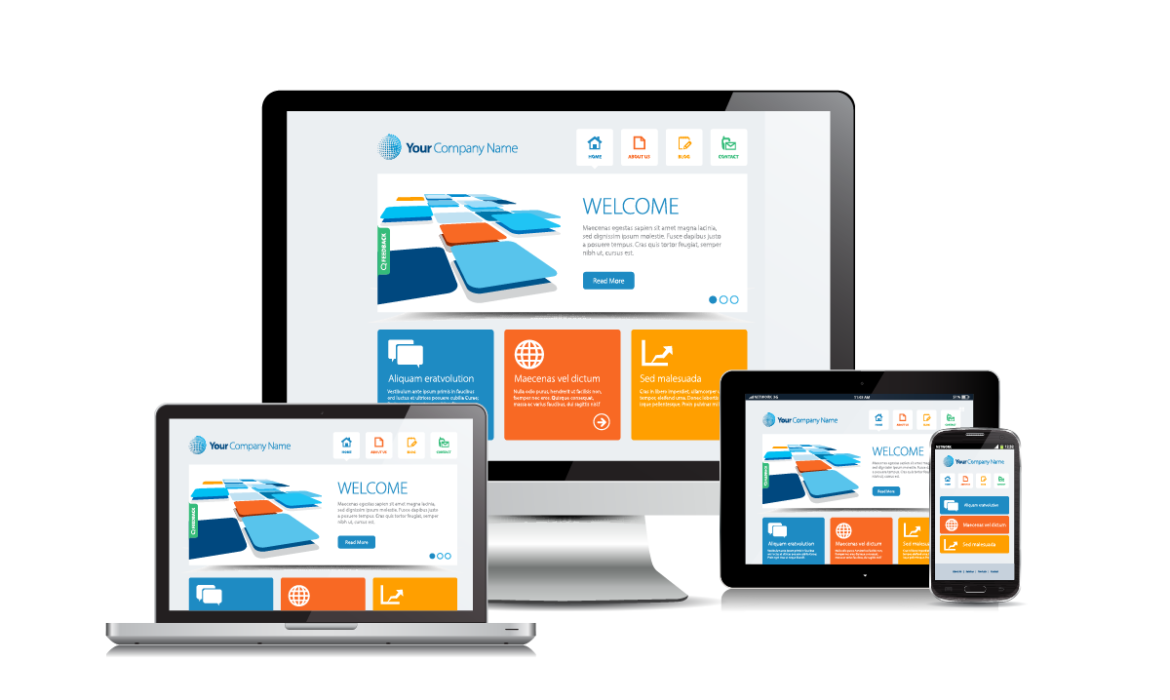Introduction
In the dynamic world of web development, the quality of code plays a pivotal role in the success and longevity of software projects. Clean and maintainable code not only enhances developer productivity but also ensures the long-term viability of web applications, making them easier to modify, extend, and debug in the future. By adhering to well-defined coding standards and best practices, developers can craft code that is self-documenting, readable, and resilient to change, laying the foundation for robust and sustainable web applications.
Unveiling the Benefits of Clean and Maintainable Code
Enhanced Readability and Understanding: Clean code is easy to read and understand, making it less prone to misinterpretation and errors. This clarity facilitates collaboration among developers, enabling them to quickly grasp the code’s purpose and functionality.
Improved Maintainability: Maintainable code is easier to modify, extend, and debug, reducing the time and effort required for future enhancements and bug fixes. This characteristic extends the lifespan of the codebase and reduces the risk of introducing new bugs.
Reduced Development Costs: Well-written code minimizes the need for rework and refactoring, saving developers time and resources. This efficiency translates into lower development costs and faster project completion times.
Enhanced Developer Productivity: Clean code promotes a more productive development environment, allowing developers to focus on solving business problems rather than deciphering complex and convoluted code.
Improved Code Quality and Reliability: Clean code adheres to coding standards and best practices, leading to more consistent, reliable, and less error-prone code. This characteristic reduces the risk of software defects and improves the overall quality of the application.
Essential Best Practices for Writing Clean and Maintainable Code
Adopt Consistent Coding Standards: Establish and enforce a set of coding standards, such as indentation, naming conventions, and code structure, to ensure consistency and readability throughout the codebase.
Write Meaningful and Descriptive Names: Use clear and concise variable, function, and class names that accurately reflect their purpose and functionality. This self-documenting approach enhances code readability and comprehension.
Keep Functions Short and Focused: Break down complex functions into smaller, more manageable units, each with a clear and specific purpose. This modularity improves code readability and maintainability.
Comment Effectively and Purposefully: Use comments sparingly and strategically to explain complex sections of code or provide context for non-obvious decisions. Avoid redundant or unnecessary comments that clutter the code.
Utilize White Space Effectively: Employ proper indentation, spacing, and line breaks to structure the code visually, making it easier to read and understand the code flow.
Embrace Error Handling and Exception Management: Implement robust error handling mechanisms to gracefully handle unexpected situations and prevent application crashes. Provide meaningful error messages to aid in debugging.
Test Thoroughly and Regularly: Employ unit tests, integration tests, and end-to-end tests to ensure the correctness and functionality of the code. Regular testing helps identify and fix bugs early in the development cycle.
Refactor and Improve Code Regularly: Dedicate time to refactoring code, eliminating unnecessary complexity, improving code structure, and enhancing overall code quality. This proactive approach maintains the codebase’s health and sustainability.
Záver
Writing clean and maintainable code is an essential skill for any web developer. By adhering to the best practices outlined in this guide, developers can create code that is not only functional but also easy to understand, modify, and extend. This commitment to code quality not only enhances developer productivity but also ensures the long-term viability and sustainability of web applications, laying the foundation for successful and enduring software projects.
Call to Action
Ready to elevate your coding skills and write clean, maintainable code that empowers your web development projects?
Our team of experienced developers can guide you through the intricacies of clean coding, helping you adopt best practices, enforce coding standards, and implement effective refactoring techniques. We’ll work closely with you to instill a culture of code quality within your team, ensuring that every line of code is written with care and precision.







